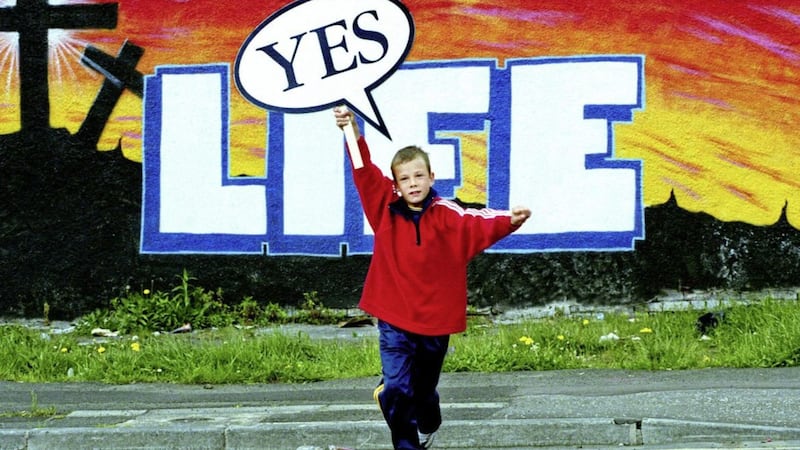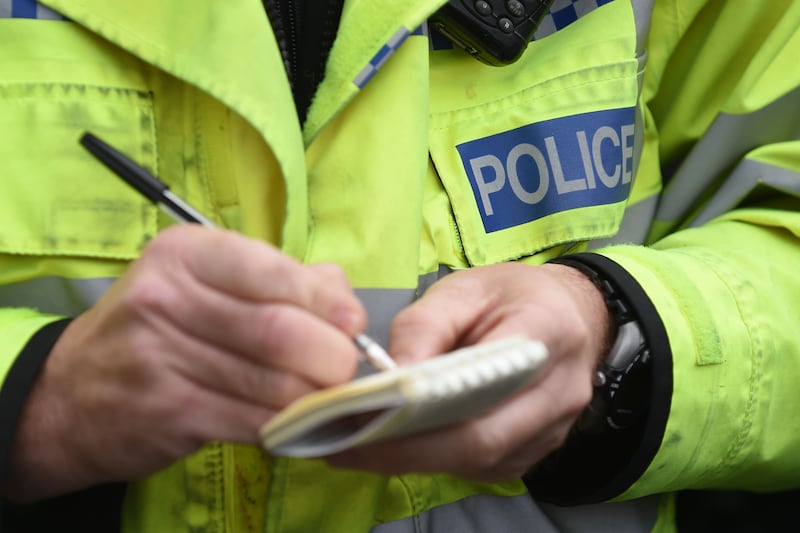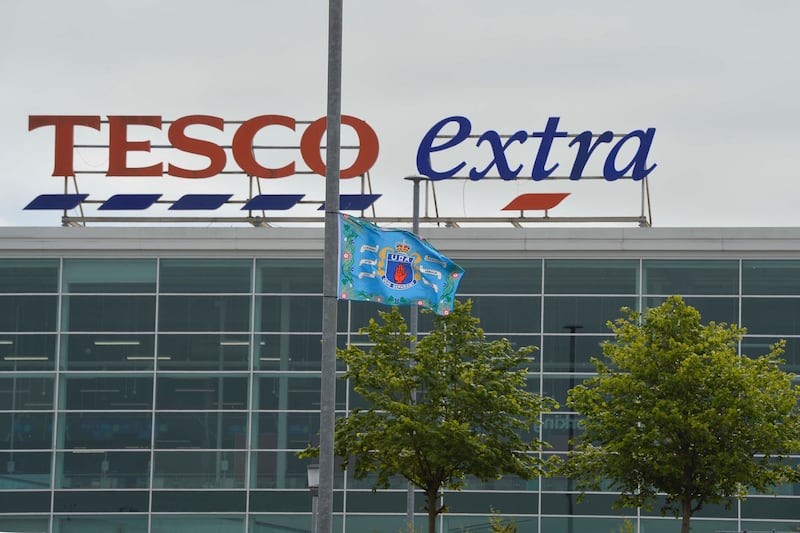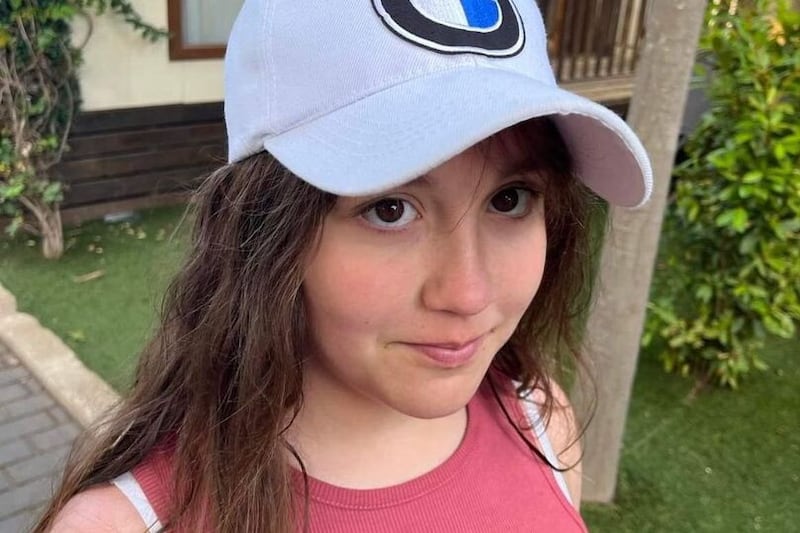ALMOST every day for a year I have walked past the road where a 15-year-old boy was murdered longer ago now than his short lifetime.
I first went there hours after he died, allowed inside the nearby family home by his stunned parents as they struggled to make sense of their loss.
Days afterwards, I stood slightly further up the street with fellow reporters as his coffin was carried from the same house where his mother had spoken so poignantly to me about her beloved son.
We stood frozen in reverence, the solidarity with the terrible grief before us so intense it felt as if you could touch the very silence – before it was shattered by the harsh clatter of cameras as our photographer colleagues captured the moment as a testimony for the world to see.
As with every funeral I cover in my role as a reporter, my presence felt like an intrusion, but it was important on that day that we bore witness to the tragedy - that people across Northern Ireland and the world knew of what it had lost when that child was butchered just 400 yards from the safety of his front door.
It took five years of tireless campaigning by his parents for his killers to be brought to justice.
Read more: What is a peace wall?
At the end of the trial the judge said, while he could not be sure the attack was sectarian, the murderers had “deeply ingrained, bitter sectarian attitudes”.
None of us who watched that cortège pass will forget that day or that boy, but over the years other memories have overlaid that one along the same road – my son running to greet his best friend, my daughter clutching oversized cartoon sunglasses to her face, walking my dog while listening to my favourite podcast, my husband and I on our way to celebrate a friend’s birthday…
It has been easy to allow ourselves to believe that murder and the bitter sectarian hatred which accompanied it belonged to another time. One that we would never return to.
But then the violence came again.
A fortnight ago, as I was writing about the lowering of one `peaceline’ at one interface, another was hours from rupture.
Many of those rioting on the street this time last week had not been born when I used to visit homes on each side daily to catalogue the attacks across the barricades and record the despair of living there.
“They”, each would say when talking of the faceless `neighbours’ firing missiles indiscriminately from the other side.
But slowly - thanks to tireless work on the ground by people determined to save their communities from the endless, grinding cycle of violence - calm descended. Talk had turned to removing the ugly architectural blights.
It never went much beyond talk, however.
In 2019, with just four years until the executive hoped to have removed all peace walls, a report showed little appetite for their dismantling among this “generation” of residents.
Just 18 per cent of those living beside the barriers believed they `had no function’ and could be taken down – a five per cent rise on the same survey two years before.
Two years later, as they survey the scorched asphalt, it is unlikely that number has fallen.
I was speaking to a political representative with young offspring this week and as we heard the PSNI helicopter drone past he told me how fervently he does not want them to know dark days like the ones we both lived through.
It is the dearest hope of all of us for the most precious part of our hearts living outside our bodies and racing towards adulthood.
But, as we wait to see if violence will return to the streets after Prince Philip’s funeral this weekend, we must all acknowledge that we never drove sectarianism away.
And, until `they’ become `we’, we never will.








